Rise Of Pacifica – A New Force In The Arena
Across the global sports landscape, a powerful and culturally rich presence has emerged from the Pacific. Once seen as peripheral, Pacifica communities now shape the heart of elite competition, grassroots development, and international sports diplomacy. From rugby fields in Suva to Olympic tracks in Port Moresby, Pacifica athletes and institutions are redefining excellence, resilience, and representation. This transformation is not accidental—it is the result of strategic investment, cultural pride, and a deep-rooted love of sport. The Pacifica influence is now visible across codes, continents, and competitions. Their rise is not only athletic but symbolic, challenging outdated narratives and inspiring new generations. The journey is ongoing, but the impact is already undeniable. The Rise of Pacifica Communities is strong and changing sports as we know it.

Cultural Identity And Athletic Expression
Sport has long served as a vessel for Cultural Identity And Athletic Expression in Pacifica communities. Whether through haka, siva, or war dances, athletes express heritage before the game even begins. These rituals are not performative—they are declarations of lineage, pride, and spiritual grounding. Pacifica athletes often describe sport as an extension of family and village life, where teamwork mirrors communal values. This cultural integration fuels motivation and cohesion on the field. It also captivates global audiences, offering authenticity in an increasingly commercialized sports world. The emotional depth of Pacifica performance resonates beyond wins and losses. It challenges the notion that professionalism must come at the cost of cultural expression. As a result, Pacifica athletes are not just competitors—they are cultural ambassadors. Their presence enriches the global sports narrative with depth, diversity, and dignity.
| Cultural Element | Role In Sport | Global Impact |
|---|---|---|
| Traditional Dance | Pre-match rituals | Builds emotional connection |
| Communal Values | Team cohesion | Enhances performance unity |
| Spiritual Beliefs | Motivation and resilience | Inspires global audiences |
| Storytelling | Athlete identity | Adds narrative depth |
| Language Use | On-field communication | Preserves heritage |
Strategic Investment And Government Support
The rise of Pacifica in sports has been accelerated by targeted investment from regional and international governments. Programs like PacificAus Sports have created high-performance pathways for athletes from Fiji, Samoa, Tonga, and Papua New Guinea. These initiatives provide access to elite coaching, facilities, and international competition. Australia’s sports diplomacy strategy has prioritized Pacific engagement, recognizing sport as a bridge for regional cooperation. This support is not limited to funding—it includes mentorship, infrastructure, and visibility. The result is a generation of athletes who are not only talented but professionally prepared. These programs also emphasize gender equity, ensuring women and girls have equal access to opportunity. By aligning sports development with broader diplomatic goals, governments have embedded Pacifica excellence into national narratives. This strategic alignment has elevated Pacifica athletes from local heroes to global contenders.
- PacificAus Sports supports over 850 athletes and officials
- Focus regions include Fiji, PNG, Samoa, Tonga, and Vanuatu
- Emphasis on women’s participation and leadership
- Partnerships with Australian Olympic Committee and pro leagues
- Investment in coaching, facilities, and international exposure
- Integration with Australia’s Sports Diplomacy Strategy 2032+
- Support for Olympic and Paralympic preparation
- Creation of transnational competitions and training camps
- Inclusion of sports like rugby, netball, football, and athletics
- Long-term goal of regional sports sustainability
Rugby As A Cultural And Competitive Powerhouse
Rugby holds a sacred place in many Pacifica nations, blending physicality with spiritual and communal values. It is more than a game—it is a rite of passage, a source of national pride, and a platform for global recognition. Pacifica teams like Fiji’s Sevens, Samoa’s Manu, and Tonga’s ‘Ikale Tahi have become household names. Their playing style—fast, fearless, and fluid—has captivated fans and analysts alike. Rugby has also served as a launchpad for Pacifica athletes into international leagues, particularly in Australia, New Zealand, and Europe. These athletes often become cultural icons, representing both their heritage and their adopted nations. The success of Pacifica rugby has inspired investment in youth development and grassroots programs. It has also challenged stereotypes, proving that small nations can produce world-class talent. Rugby’s prominence has created a ripple effect, elevating other sports and drawing attention to Pacifica athleticism. The sport remains a cornerstone of Pacifica’s sporting identity and global influence.
| Nation | Rugby Highlight | Global Recognition |
|---|---|---|
| Fiji | Olympic Gold in Sevens | Style and dominance |
| Samoa | World Cup appearances | Cultural pride |
| Tonga | Upsets in test matches | Physical intensity |
| PNG | Rugby League growth | Community engagement |
| Cook Islands | Emerging talent | Regional development |
Athlete Migration And Diaspora Influence
The Pacifica diaspora has played a pivotal role in expanding the region’s sports footprint. Many athletes born in Australia, New Zealand, or the United States maintain strong ties to their ancestral homelands. This dual identity allows them to represent Pacifica nations or bring Pacifica flair to foreign teams. Migration has also enabled access to better training, education, and exposure. As a result, Pacifica athletes often outperform expectations, blending raw talent with elite preparation. Diaspora communities provide fan bases, funding, and cultural continuity. They also challenge traditional notions of nationality in sport, advocating for more inclusive eligibility rules. This transnational dynamic enriches both the athletes and the competitions they join. It also fosters a sense of global Pacifica identity, where pride transcends borders. The diaspora is not a loss of talent—it is an expansion of influence.
- Pacifica athletes in NRL, AFL, Super Rugby, and NFL
- Dual representation in Olympics and World Cups
- Diaspora hubs in Sydney, Auckland, Los Angeles, and London
- Cultural festivals and fan zones during major tournaments
- Advocacy for inclusive eligibility policies
- Mentorship programs linking diaspora and home-based athletes
- Community clubs as talent incubators
- Media coverage amplifying Pacifica stories
- Intergenerational pride and storytelling
- Diaspora athletes as cultural bridges
Women’s Sports And Pacifica Empowerment
The rise of Pacifica in sports is not limited to male athletes—women are increasingly leading the charge. From netball courts to Olympic tracks, Pacifica women are breaking barriers and setting new standards. Their success is reshaping gender norms and inspiring young girls across the region. Initiatives like the Oceania Women in Sport program have created platforms for leadership, visibility, and participation. These efforts are not just about inclusion—they are about excellence. Pacifica women bring unique styles, strategies, and stories to the global stage. Their presence challenges stereotypes and expands the definition of athleticism. As role models, they foster confidence and ambition in future generations. The momentum is growing, and with it, the infrastructure to support long-term success. Women’s sports are now central to Pacifica’s sporting identity and global influence.
| Sport | Pacifica Women Leaders | Impact |
|---|---|---|
| Netball | Fiji Pearls, Samoa, Tonga | Regional dominance |
| Rugby | Fijiana, Manusina | Olympic and World Cup success |
| Weightlifting | Dika Toua (PNG), Feagaiga Stowers (Samoa) | Medals and visibility |
| Athletics | Toea Wisil (PNG), Leslie Copeland (Fiji) | International representation |
| Football | PNG and Fiji national teams | Growth and youth engagement |
Symbolism, Storytelling, And Emotional Resonance
Pacifica athletes often carry more than just national flags—they carry ancestral stories, community hopes, and symbolic meaning. Their performances are layered with emotional resonance, making them compelling figures in global sport. Whether it’s a try-saving tackle or a victory dance, every moment is infused with deeper significance. This storytelling power connects with audiences on a visceral level. It also makes Pacifica athletes ideal subjects for documentaries, campaigns, and cultural showcases. Their journeys often involve overcoming adversity, migration, and systemic barriers. These narratives humanize sport and elevate it beyond entertainment. They also create emotional investment from fans, sponsors, and media. The symbolic weight of Pacifica participation turns games into cultural events. This resonance is a key reason for their growing prominence across all sporting arenas.
- Pacifica athletes often represent entire villages or islands
- Pre-match rituals serve as living history
- Media coverage highlights personal and cultural journeys
- Symbolic tattoos and attire connect sport to heritage
- Fans engage with athletes as storytellers, not just performers
- Documentaries and biopics amplify Pacifica voices
- Emotional resilience becomes a competitive advantage
- Cultural pride fuels performance under pressure
- Symbolism enhances sponsorship and branding appeal
- Storytelling bridges generations and geographies
Youth Development And Grassroots Infrastructure
The foundation of Pacifica’s sporting rise lies in its youth. Across the region, schools, villages, and community clubs nurture talent from an early age. These grassroots systems are often informal but deeply effective. Coaches are mentors, fields are gathering places, and games are rites of passage. Investment in youth programs has increased, with support from NGOs, governments, and international federations. These efforts focus not only on skill but on education, health, and leadership. The result is a holistic development model that prepares athletes for life, not just sport. Talent identification is now more systematic, with scouting networks and regional tournaments. This pipeline ensures a steady flow of athletes into national and international teams. Grassroots sport also strengthens community bonds and national identity. It is the soil from which Pacifica’s sporting excellence continues to grow.
| Country | Youth Program | Key Features |
|---|---|---|
| Fiji | Kaji Rugby | School-based, national reach |
| PNG | PNG Games | Multi-sport, talent discovery |
| Samoa | Samoa Schools Rugby | Pathway to national teams |
| Tonga | Tonga Sports Academy | Focus on education and sport |
| Vanuatu | Youth Olympic Pathways | International exposure |

Media Visibility And Global Recognition
Media has played a crucial role in amplifying Pacifica’s sports presence. From viral haka videos to Olympic gold celebrations, Pacifica athletes have captured global attention. Social media platforms allow athletes to share their stories directly, bypassing traditional gatekeepers. This visibility has led to increased sponsorship, fan engagement, and cultural influence. Pacifica athletes are now featured in documentaries, ad campaigns, and international broadcasts. Their authenticity and charisma resonate with diverse audiences. Media also helps challenge stereotypes, showcasing Pacifica athletes as multidimensional individuals. Coverage of Pacifica sports is no longer niche—it is mainstream. This shift has created new opportunities for storytelling, branding, and advocacy. Visibility is not just about fame—it is about power, influence, and representation.
- Viral moments from Pacifica rugby and dance rituals
- Athlete-led social media campaigns
- Documentaries on Pacifica sports journeys
- Inclusion in global sports awards and honors
- Sponsorship deals with major brands
- Pacifica voices in sports commentary and journalism
- Fan-driven content on TikTok, Instagram, and YouTube
- Media partnerships with regional broadcasters
- Pacifica athletes as brand ambassadors
- Increased coverage of women’s and para-sports
Education, Scholarships, And Pathway Programs
Academic institutions have become key partners in Pacifica sports development. Universities in Australia, New Zealand, and the United States offer scholarships that combine education with elite training. These programs attract Pacifica athletes who seek both personal growth and professional opportunity. The dual focus on academics and athletics ensures long-term resilience beyond the playing field. Many athletes return to their communities as coaches, teachers, or advocates. This cycle strengthens local ecosystems and builds leadership capacity. Pathway programs also help athletes navigate cultural transitions and institutional systems. Support services include tutoring, mentorship, and cultural liaison officers. These structures recognize the unique needs of Pacifica students and athletes. Education is not a detour—it is a launchpad. The integration of sport and scholarship is a cornerstone of Pacifica’s sustained success.
| Institution | Program | Pacifica Impact |
|---|---|---|
| University of the South Pacific | Sports Science & Coaching | Local capacity building |
| Australian Catholic University | Elite Athlete Program | Scholarships for Pacifica talent |
| AUT University (NZ) | Pacific Advancement Office | Cultural support and mentorship |
| Brigham Young University (USA) | Rugby and Athletics | Pacifica representation in NCAA |
| Griffith University | Pacific Sport Pathways | Dual career development |
Climate, Geography, And Physical Conditioning
The Pacific environment plays a subtle but significant role in athlete development. Many Pacifica nations offer natural training conditions that enhance endurance, agility, and strength. From mountainous terrain to tropical humidity, athletes adapt to challenging physical contexts. This conditioning translates into competitive advantages in sports requiring stamina and resilience. Coastal communities often engage in swimming, paddling, and fishing from a young age, building core strength and coordination. Village games and informal competitions foster creativity and improvisation. These environmental factors shape athletic profiles that excel in contact sports, sprinting, and water-based disciplines. Geography is not just backdrop—it is a training ground. The physicality of Pacifica athletes is often attributed to these natural conditions, combined with cultural practices and diet. The result is a distinctive athletic archetype that thrives across codes and continents.
- Mountainous terrain enhances leg strength and endurance
- Humid climate builds cardiovascular resilience
- Coastal living promotes swimming and water sports
- Village games foster agility and improvisation
- Traditional diets support lean muscle development
- Farming and fishing contribute to functional strength
- Informal sport culture encourages early participation
- Outdoor lifestyle reduces injury risk and improves recovery
- Physical labor complements formal training
- Environmental adaptation creates versatile athletes
Leadership, Governance, And Institutional Reform
Pacifica’s rise in sport has also required reform at the governance level. National federations, Olympic committees, and regional bodies have undergone restructuring to improve transparency and effectiveness. Leadership roles are increasingly filled by former athletes, educators, and community advocates. This shift ensures that decision-making reflects lived experience and cultural nuance. Governance reforms include anti-corruption measures, gender equity policies, and athlete representation. These changes have improved funding allocation, talent development, and international partnerships. Strong leadership also helps navigate political and logistical challenges. Pacifica sports institutions are now more resilient and responsive. They serve not only athletes but entire communities. Institutional integrity is essential for long-term success and global credibility. Pacifica’s governance evolution is a model for other emerging sports regions.
| Organization | Reform Focus | Outcome |
|---|---|---|
| Oceania National Olympic Committees | Athlete representation | Inclusive decision-making |
| Fiji Rugby Union | Financial transparency | Restored public trust |
| PNG Sports Foundation | Infrastructure investment | Improved access and equity |
| Samoa Association of Sports | Gender equity | Increased women’s participation |
| Tonga Sports Council | Leadership training | Capacity building and sustainability |
Innovation, Adaptation, And Tactical Evolution
Pacifica athletes and coaches are not just physically gifted—they are tactically innovative. Across sports, Pacifica teams have introduced new styles, formations, and strategies. In rugby, the offload-heavy, fluid attack pioneered by Fiji has influenced global playbooks. In football, Pacifica teams use compact formations and counter-attacking speed. Coaches adapt training methods to local contexts, using minimal equipment with maximum creativity. Tactical evolution is driven by necessity, resourcefulness, and cultural insight. These innovations often surprise opponents and captivate audiences. They also challenge conventional coaching paradigms. Pacifica sport is not static—it is adaptive and experimental. This mindset fosters resilience and competitive edge. Innovation is not limited to elite levels—it begins in villages, schools, and community clubs. Tactical creativity is a hallmark of Pacifica’s sporting identity.
- Fiji’s offload-centric rugby style has overtime changed and reshaped global Sevens strategy
- PNG football uses speed and compact defense to counter larger teams
- Coaches use local materials for agility and strength drills
- Tactical improvisation compensates for limited resources
- Pacifica teams often outperform expectations with unconventional strategies
- Training adapts to climate, terrain, and cultural rhythm
- Innovation is driven by community collaboration
- Tactical diversity enhances athlete versatility
- Pacifica coaches contribute to international playbooks
- Adaptation becomes a competitive advantage
Para-Sports And Inclusive Representation
Pacifica’s impact in sport extends to para-athletes who challenge stereotypes and redefine ability. Nations like Fiji, PNG, and Samoa have produced medal-winning competitors in Paralympic disciplines. These athletes often overcome systemic barriers, including limited infrastructure and social stigma. Their success is a testament to resilience, innovation, and community support. Para-sports programs are expanding across the region, with increased investment in coaching, equipment, and visibility. Representation matters—not only for disabled athletes but for broader cultural inclusion. Pacifica para-athletes bring unique perspectives and competitive spirit to international arenas. Their stories inspire and educate, shifting public perception and policy. Inclusion is not a trend—it is a commitment. Para-sports are now integral to Pacifica’s sporting identity and global influence.
| Athlete | Country | Discipline | Achievement |
|---|---|---|---|
| Iliesa Delana | Fiji | High Jump | Paralympic Gold |
| Francis Kompaon | PNG | Sprint | Paralympic Silver |
| Sani Sagala | Samoa | Powerlifting | Regional Champion |
| Mere Roden | Fiji | Table Tennis | Oceania Medalist |
| PNG Para Team | PNG | Athletics | Pacific Games Success |
Economic Impact And Sports Tourism
Sport is now a driver of economic growth across Pacifica nations. Major tournaments, training camps, and athlete endorsements generate revenue and employment. Sports tourism attracts fans, media, and sponsors to the region. Events like the Pacific Games and regional qualifiers boost hospitality, transport, and retail sectors. Athletes also contribute through remittances, brand partnerships, and entrepreneurial ventures. Governments recognize sport as a viable economic strategy, investing in stadiums, academies, and marketing campaigns. The ripple effect includes job creation, infrastructure development, and international visibility. Pacifica’s sporting success is not just cultural—it is commercial. Economic impact strengthens the case for continued investment and innovation. Sport is now a pillar of regional development.
- Pacific Games generate millions in tourism revenue
- Athlete endorsements support local businesses
- Sports academies create jobs and training opportunities
- Infrastructure upgrades benefit communities beyond sport
- International events attract media and sponsorship
- Remittances from diaspora athletes support families
- Sports tourism promotes cultural exchange
- Government campaigns link sport to national branding
- Merchandise and memorabilia sales boost retail
- Economic data supports long-term planning

Mental Health, Identity, And Athlete Wellbeing
Pacifica athletes face unique psychological pressures, balancing cultural expectations, migration, and performance demands. Mental health support is increasingly recognized as essential to athlete wellbeing. Programs now include counseling, peer networks, and cultural liaison officers. Identity plays a central role—athletes often navigate dual heritage, language barriers, and systemic bias. Support systems must be culturally responsive and trauma-informed. Pacifica athletes show remarkable emotional intelligence and resilience. Their wellbeing affects not only performance but long-term life outcomes. Mental health is no longer taboo—it is part of the training regimen. Institutions are adapting, but more work remains. Athlete wellbeing is a cornerstone of sustainable success.
| Support Area | Initiative | Outcome |
|---|---|---|
| Counseling | Athlete mental health programs | Reduced burnout |
| Cultural Liaison | Dual heritage support | Improved identity integration |
| Peer Networks | Team-based support | Enhanced cohesion |
| Education | Mental health literacy | Early intervention |
| Advocacy | Athlete-led campaigns | Destigmatization |
Symbolic Leadership And Global Influence
Pacifica athletes are increasingly seen as global leaders—not just in sport but in culture, diplomacy, and advocacy. Their visibility allows them to champion causes from climate justice to racial equity. Athletes like Jerry Tuwai, Dika Toua, and Iliesa Delana have become symbols of national pride and global hope. Leadership is expressed through mentorship, media engagement, and community service. Pacifica athletes often speak for those without platforms, amplifying regional concerns on global stages. Their influence extends beyond medals—it shapes policy, perception, and possibility. Symbolic leadership is rooted in humility, service, and authenticity. Pacifica’s global influence is growing, and with it, the power to inspire change.
- Jerry Tuwai as Olympic ambassador and youth mentor
- Dika Toua advocating for women in sport
- Iliesa Delana’s role in disability inclusion policy
- Pacifica athletes speaking at UN and global forums
- Climate advocacy linked to athlete storytelling
- Leadership through community engagement and philanthropy
- Media campaigns featuring Pacifica voices
- Athlete involvement in education and health programs
- Symbolic gestures during international events
- Influence on regional and global sports governance
Legacy, Continuity, And Future Vision
Pacifica’s rise in sport is not a moment—it is a movement. The legacy being built today will shape generations to come. Continuity requires investment, innovation, and cultural stewardship. Future vision includes expanded infrastructure, inclusive policies, and global partnerships. Pacifica nations aim to host more international events, develop sustainable academies, and elevate women’s and para-sports. The goal is not just medals—it is empowerment, education, and ecological alignment. Sport becomes a lens through which Pacifica expresses identity, resilience, and hope. The future is collaborative, symbolic, and strategic. Pacifica’s sporting journey continues—with pride, purpose, and possibility.
| Vision Element | Strategy | Long-Term Goal |
|---|---|---|
| Infrastructure | Regional academies | Sustainable development |
| Inclusion | Gender and disability equity | Full representation |
| Education | Sport-integrated curricula | Holistic growth |
| Diplomacy | Sports partnerships | Regional cooperation |
| Ecology | Climate-conscious sport | Environmental stewardship |
Conclusion – Pacifica At The Heart Of Global Sport
Pacifica’s ascent in the world of sport is a story of culture, courage, and community. From grassroots fields to Olympic podiums, Pacifica athletes embody excellence and emotional depth. Their impact spans performance, policy, and symbolic leadership. This rise is not accidental—it is the result of strategic investment, cultural pride, and collective resilience. Pacifica sport is now a global force, shaping narratives and inspiring change. The journey continues, but the foundation is strong. Pacifica belongs at the heart of global sport—not as an outsider, but as a leader.
Join The Discussion – Share Your Perspective
How has Pacifica sport influenced your community, your team, or your personal journey? What stories, athletes, or moments have inspired you most?
#PacificaSport #GlobalAthletes #CulturalExcellence #InclusiveSport #SymbolicLeadership #SportForChange #OceaniaRising #AthleteWellbeing #ParaSportPower #PacificaLegacy
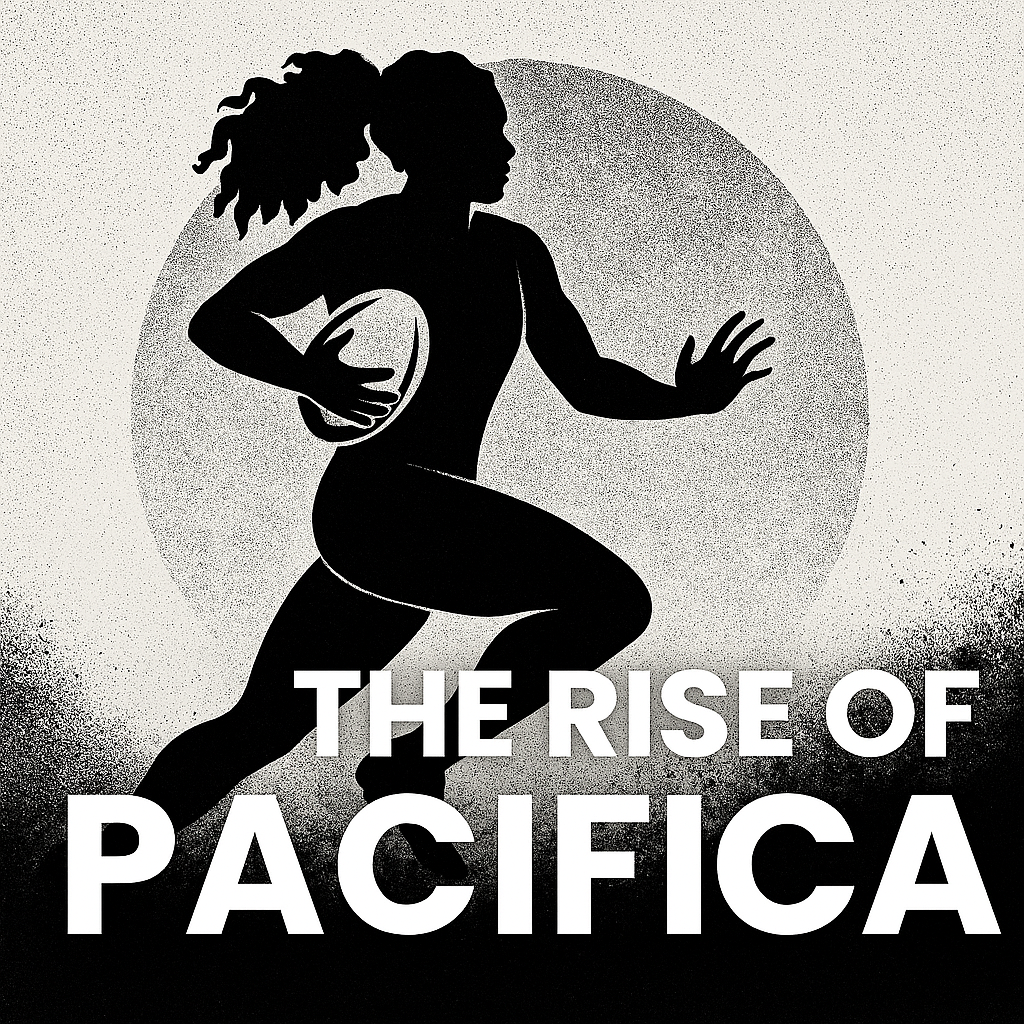
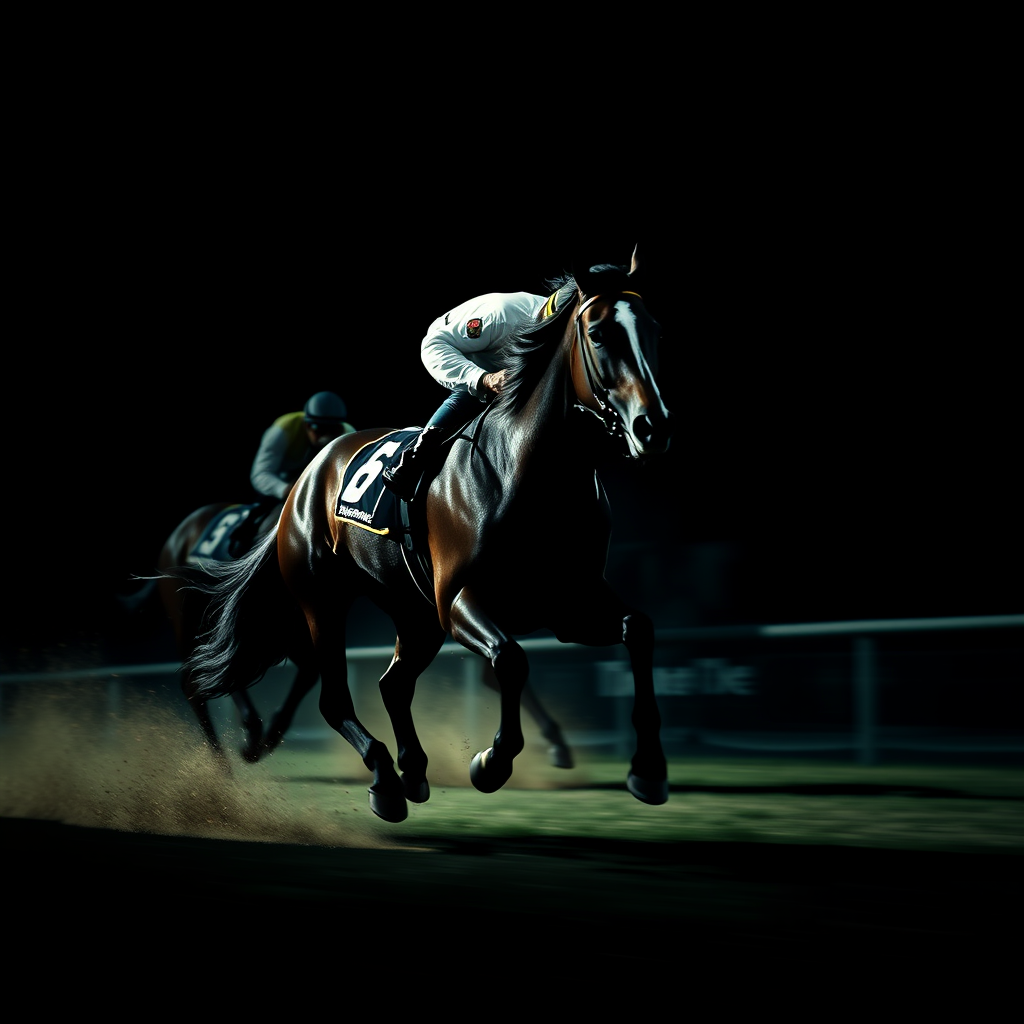
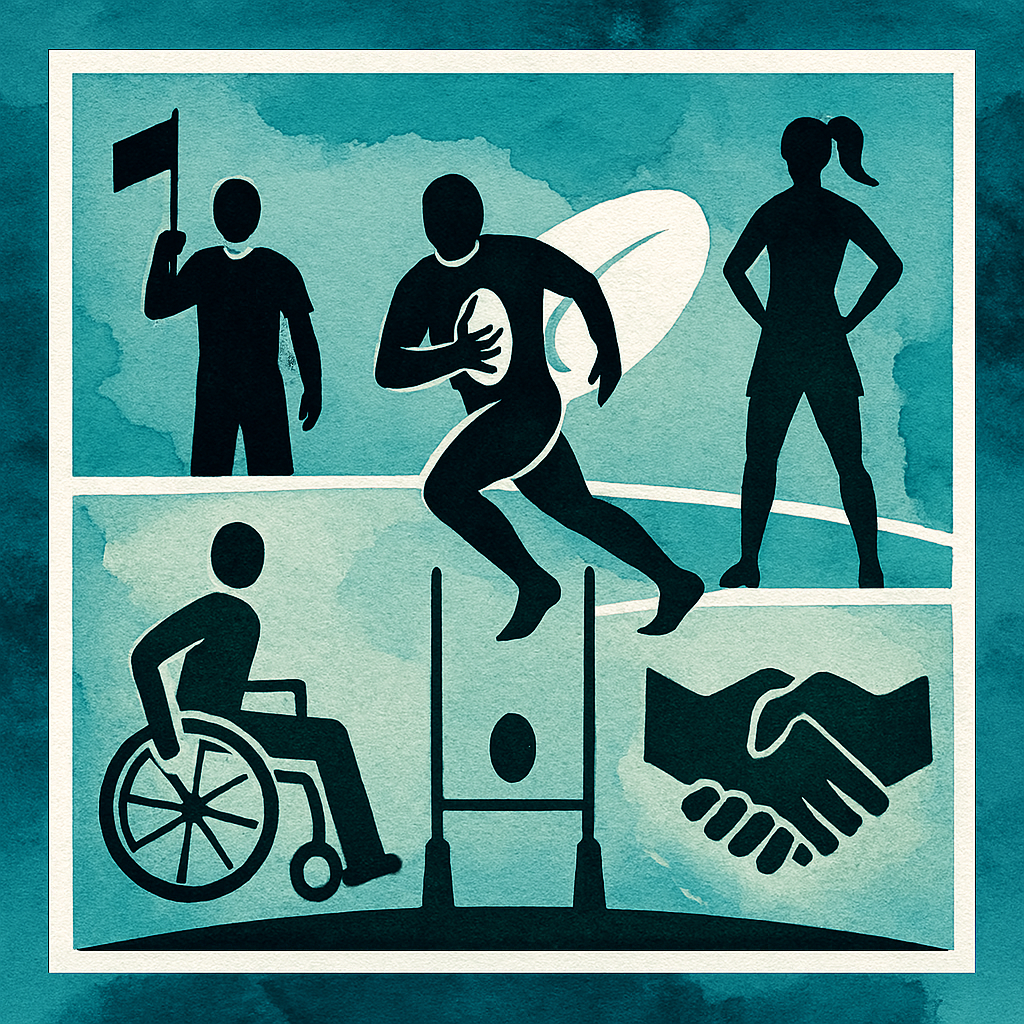

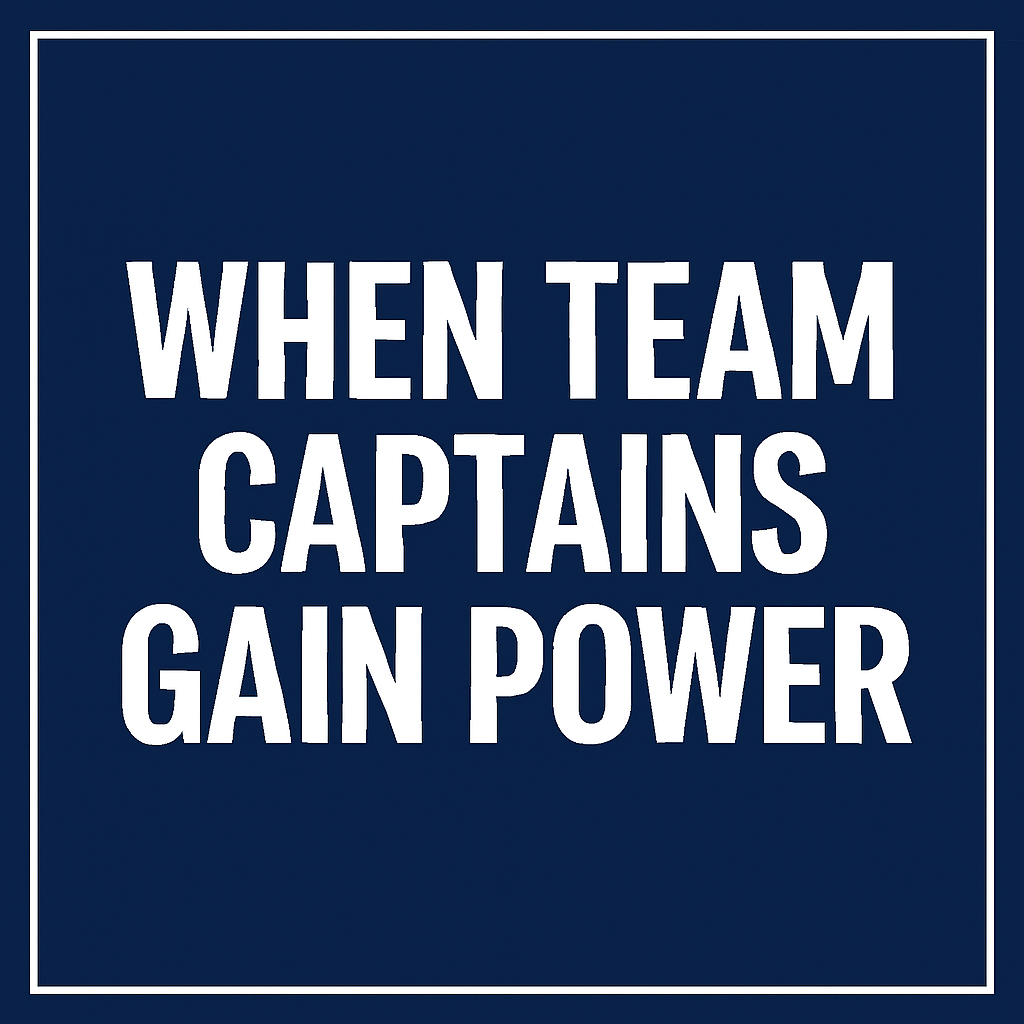
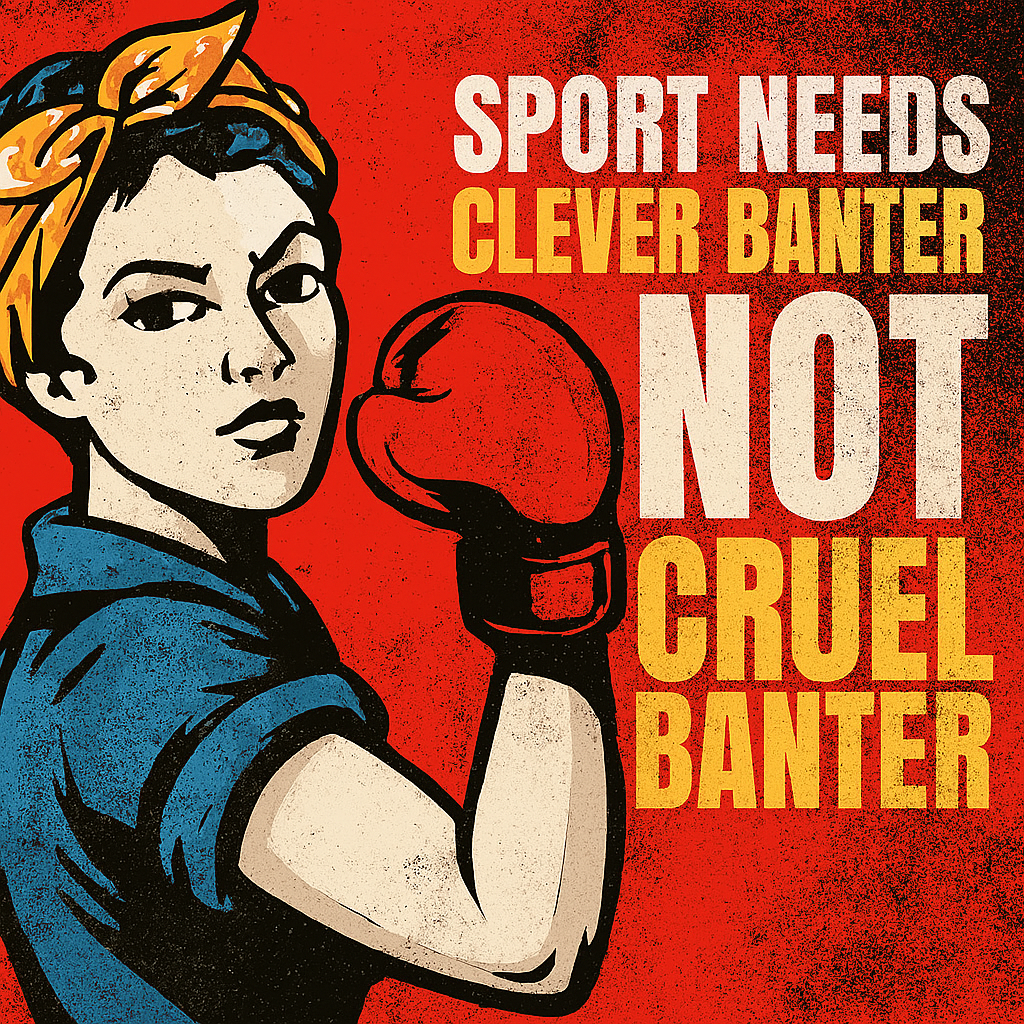
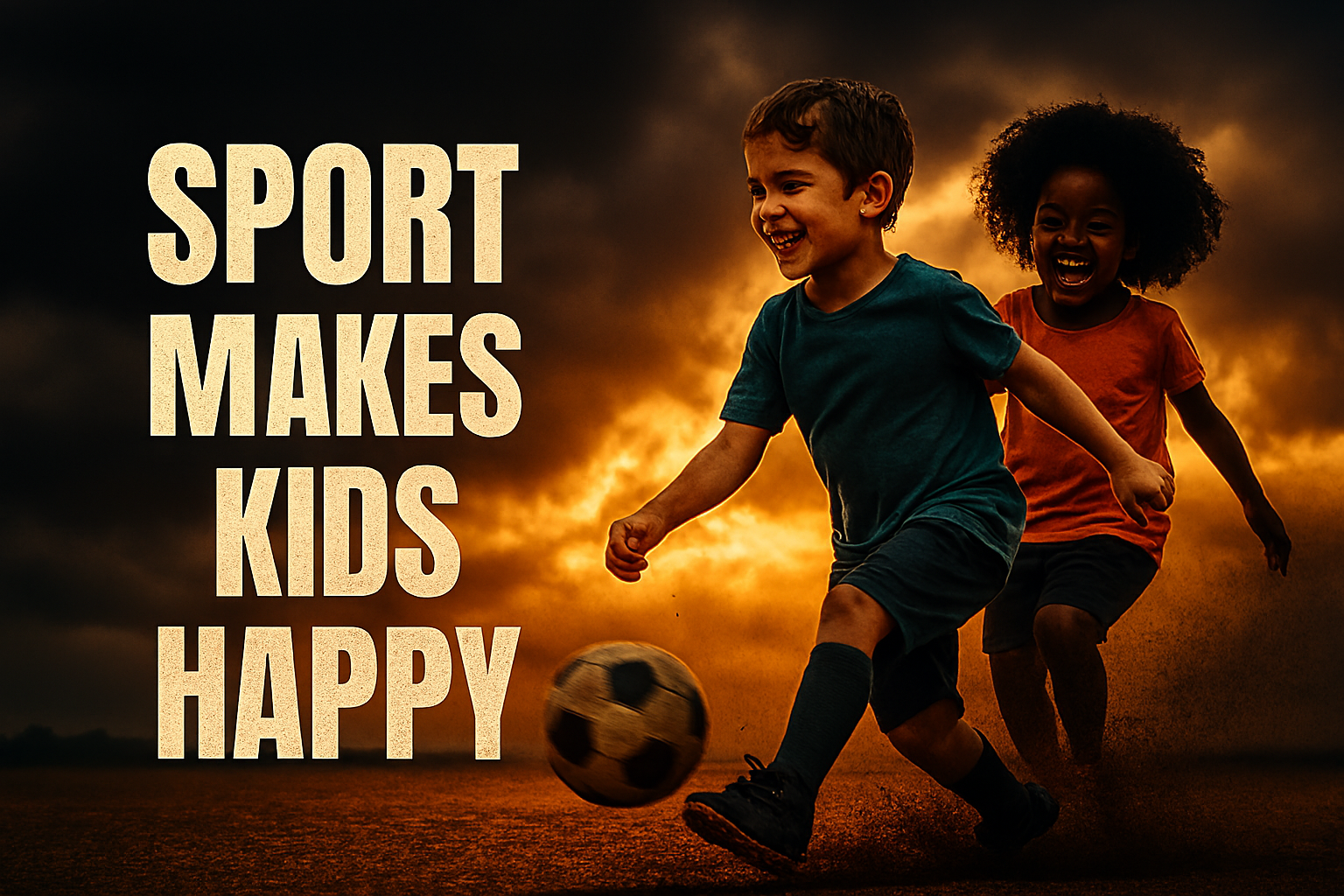

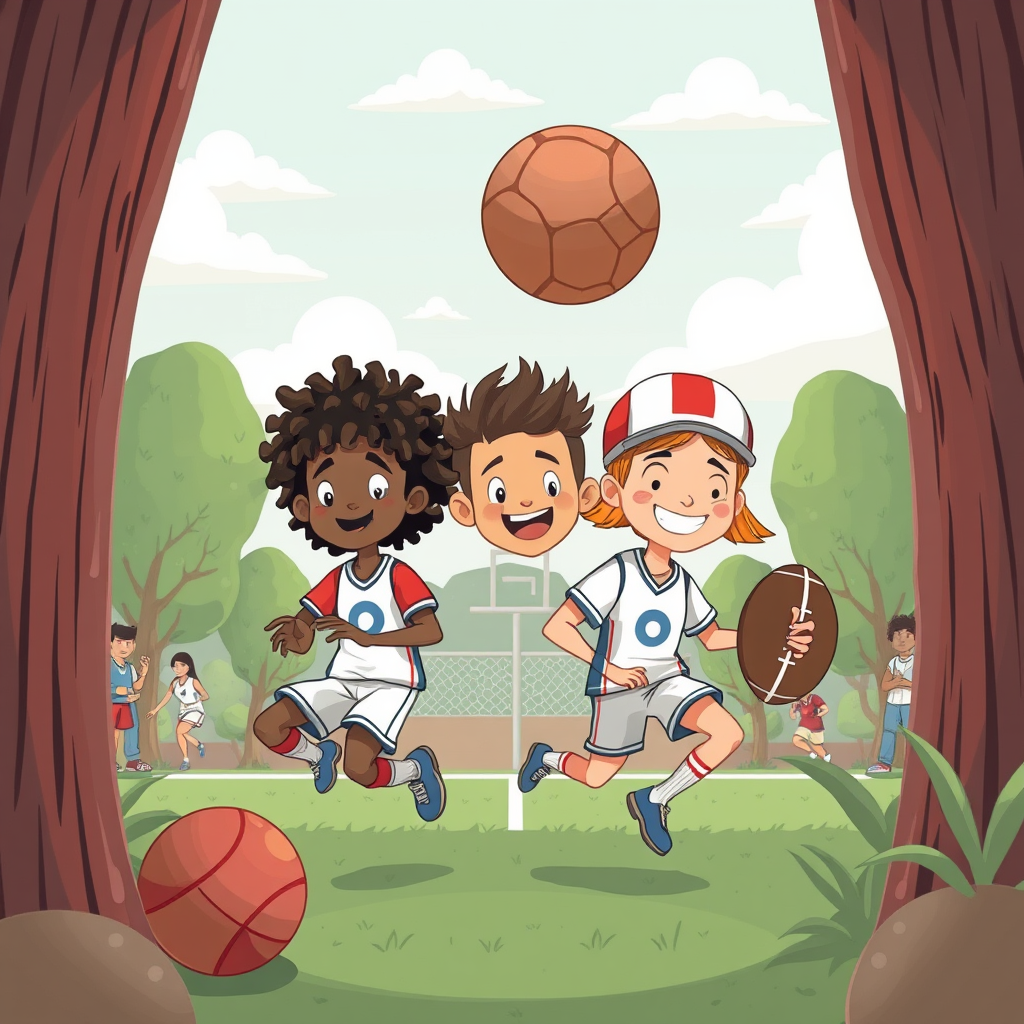
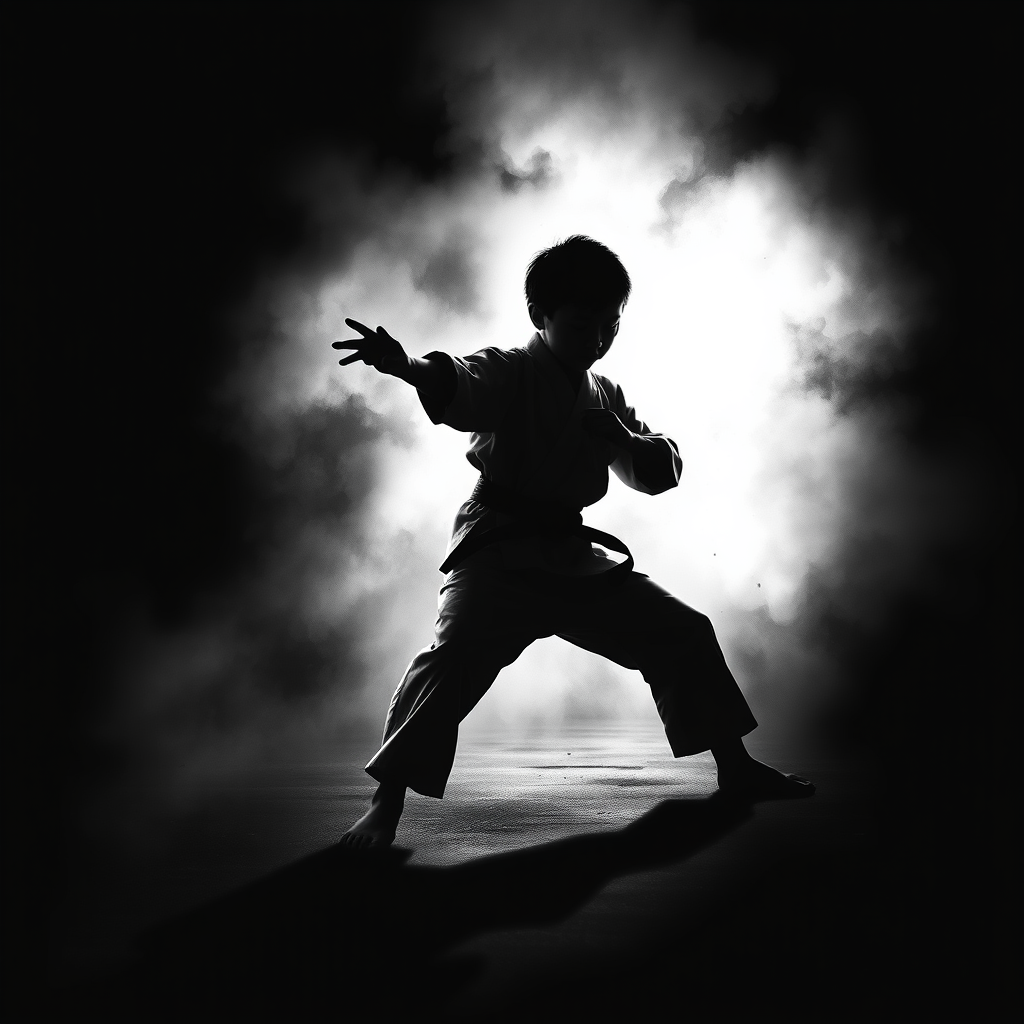

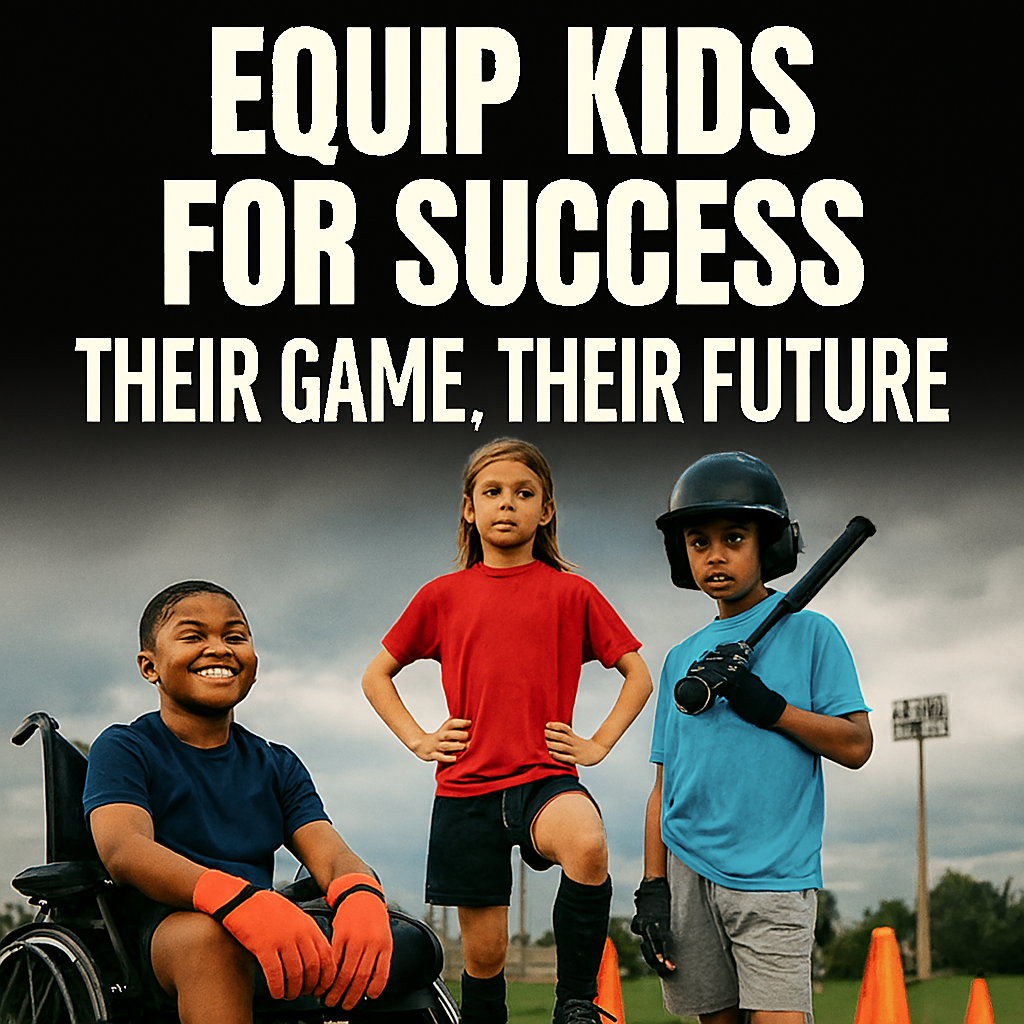
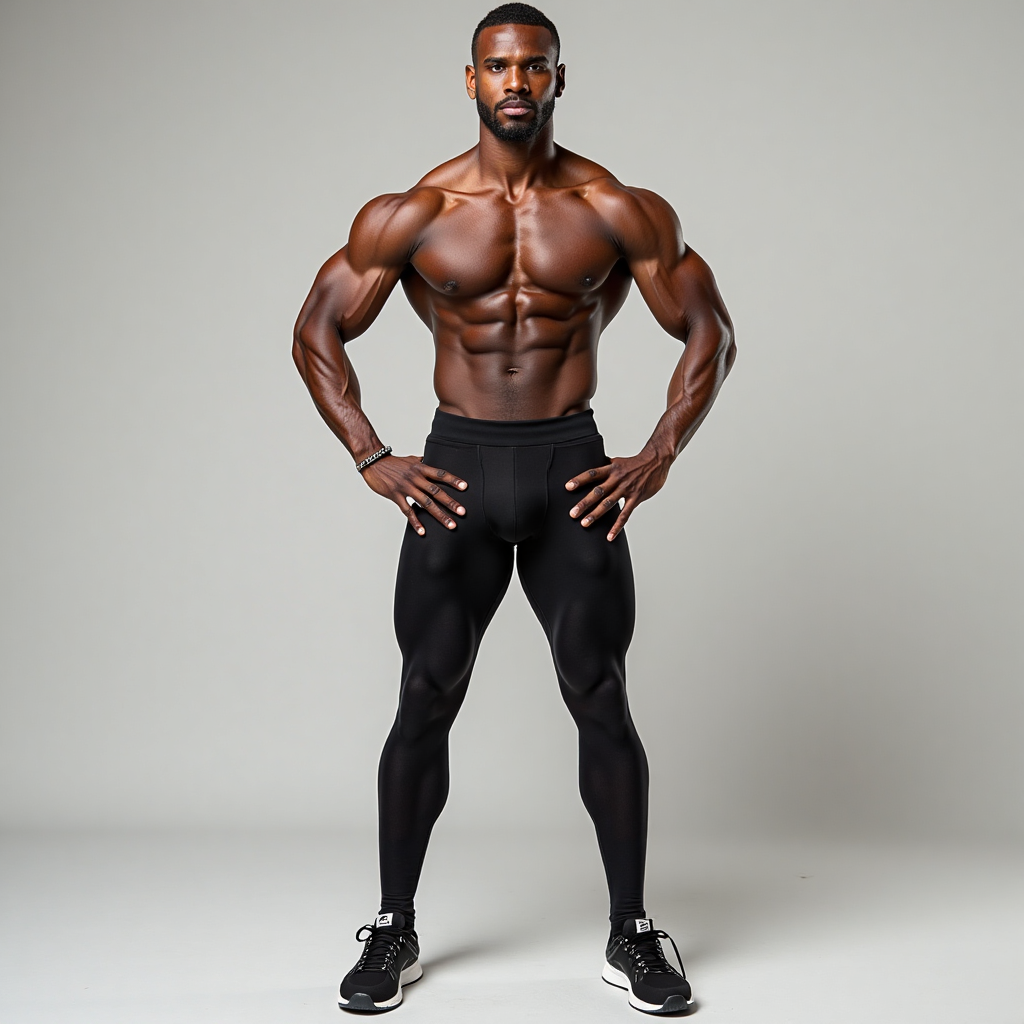
Leave a Reply